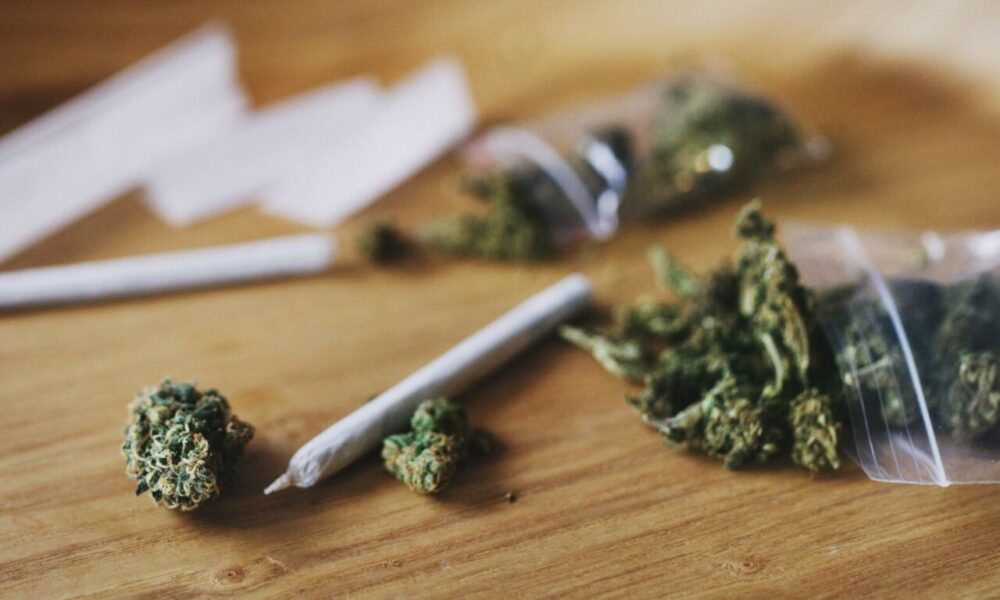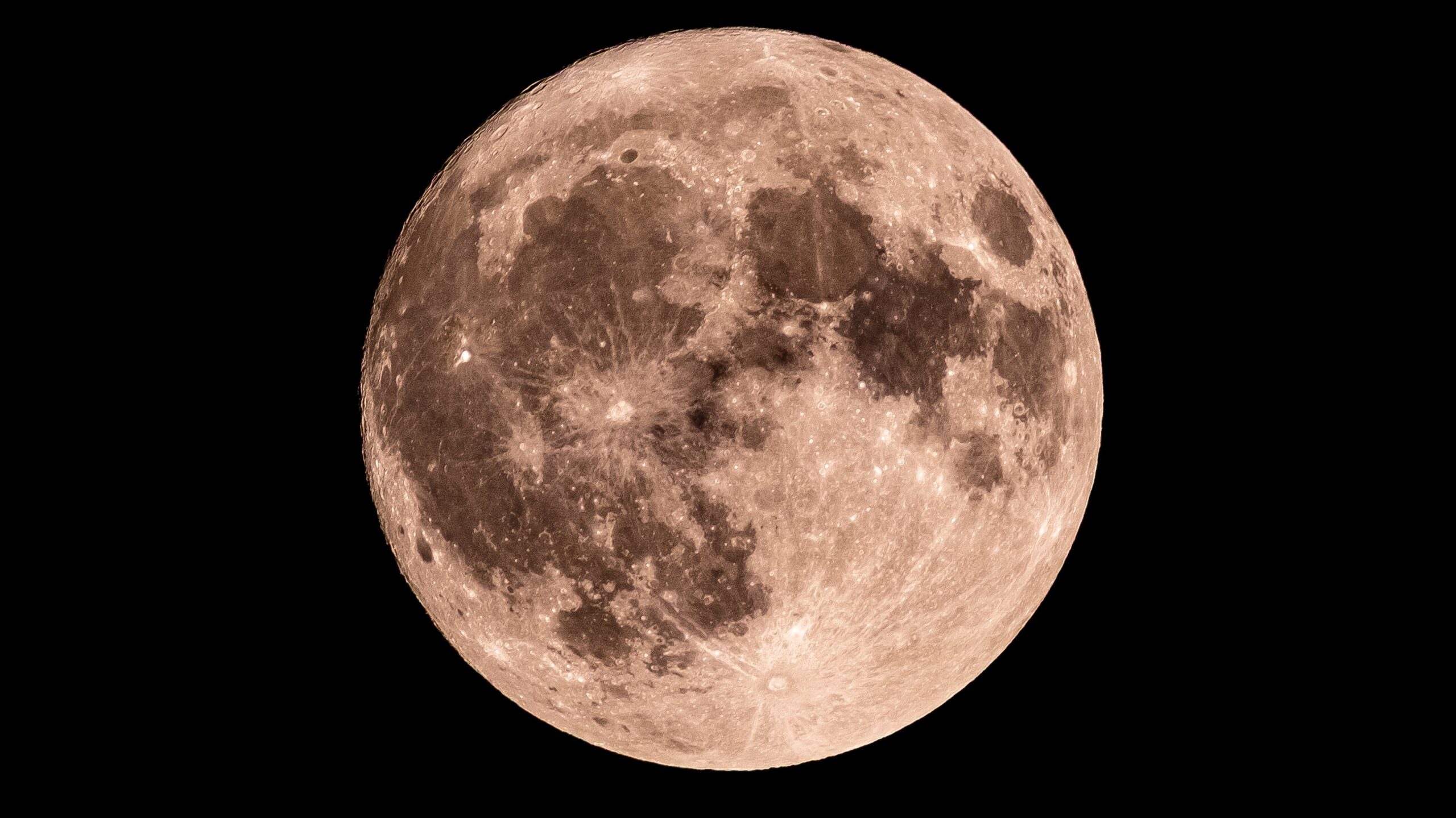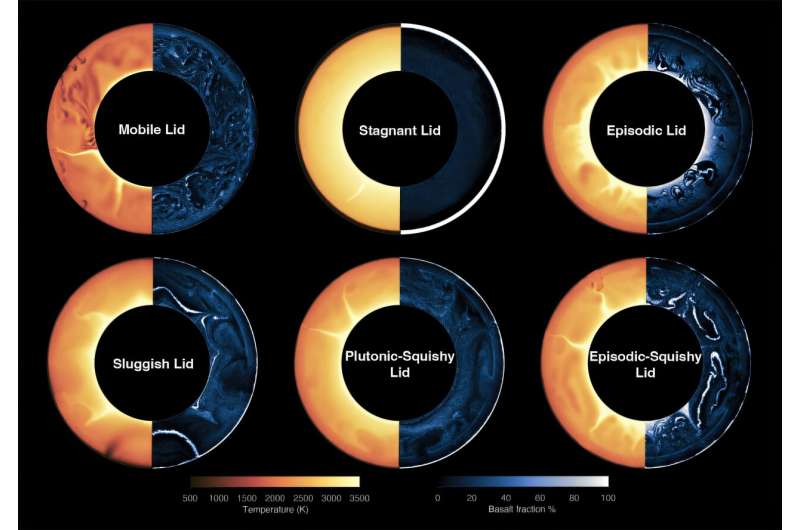A recent study reveals that a significant number of young American adults are using cannabis and alcohol as sleep aids. Researchers from the University of Michigan examined survey data and discovered that approximately 22% of individuals aged 19 to 30 have turned to these substances to help them sleep, highlighting a worrying trend among this demographic.
The research, published in JAMA Pediatrics, draws on data from the Monitoring the Future (MTF) Panel Study, a comprehensive project that has tracked drug use and health trends among young people for decades. The study involved nearly 1,500 participants and found that about 18% had specifically used cannabis for sleep, while 7% reported using alcohol for the same purpose. Notably, around 41% of cannabis users indicated they had used it to assist with sleep, compared to 9% of alcohol users.
Health Implications of Substance Use for Sleep
The findings illustrate a common reliance on these substances in a population where sleep issues are prevalent. A study from 2022 estimated that around 30% of U.S. adults experience sleep difficulties, including 23% of adults aged 20 to 39. Given this context, it is understandable why many young adults might seek out cannabis and alcohol to facilitate sleep.
Despite their effectiveness in helping individuals fall asleep, the researchers caution that regular use of cannabis and alcohol can lead to negative consequences. Over time, the body may become accustomed to these substances, necessitating larger doses for the same effect. This increased consumption can heighten the risk of developing a substance use disorder, characterized by an unhealthy dependency on these substances.
Withdrawal from cannabis and alcohol can also lead to insomnia, making it challenging for individuals to stop using these substances. The researchers emphasize the importance of healthcare providers recognizing the intersection between substance use and sleep problems. By doing so, clinicians can intervene early and help prevent the escalation of unhealthy sleep and substance use patterns.
Awareness and Clinical Interventions
The study underscores the need for increased awareness among healthcare professionals regarding the use of cannabis and alcohol as sleep aids. The authors suggest that by understanding the commonality of these behaviors, doctors can better screen for potential issues and develop appropriate clinical interventions.
“Raising clinicians’ awareness about the common intersection of substance use and sleep problems among young adults is important for screening and developing and offering clinical interventions for these critical health risk behaviors,” the researchers stated in their paper.
As the conversation around the use of cannabis and alcohol for sleep continues, these findings serve as a vital reminder of the complexities involved in managing sleep health among young adults.







